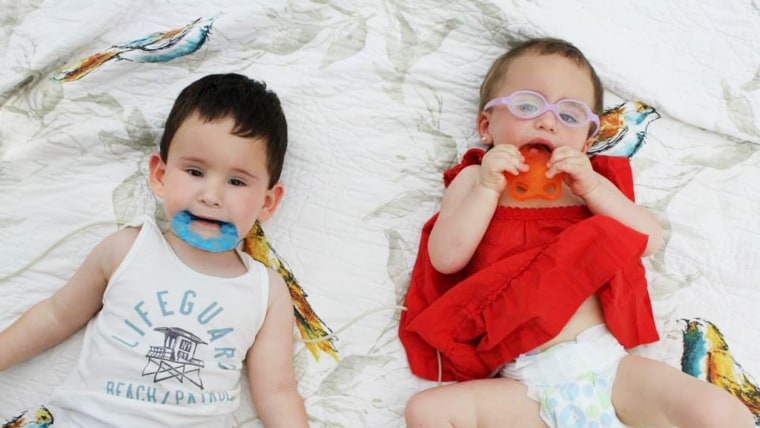While some people are afraid to have sick children, Allison and Ben Gauvin have a different view.
The Connecticut couple, who tragically lost two of their children to a rare mitochondrial disease, believe the experience has made them better parents to their other two children, ages 9 and 3.
“We love Julia and Wilbur differently than we would if we didn’t have Beckett and Clementine,” says Allison Gauvin.
In 2010, Allison Gauvin gave birth to her son Beckett at 38 weeks. She noticed he was a little sleepy, cold, and weighed three pounds less than her oldest child Julia. But doctors were keeping him in the neonatal intensive care unit to monitor him and she hoped everything would be OK.
Suddenly, that hope vanished. Beckett became distressed and struggled to breathe; he was dying. Doctors transferred him to Boston Children’s Hospital. After 24 hours the Gauvins heard a name they never heard of before and one that dramatically changed their lives — pyruvate carboxylase deficiency.
“The doctors said ‘He is going to die. He has this rare metabolic condition and instead of creating energy it was creating acid,'” Gauvin told TODAY. “Even if he does survive he is going to be severely retarded.”
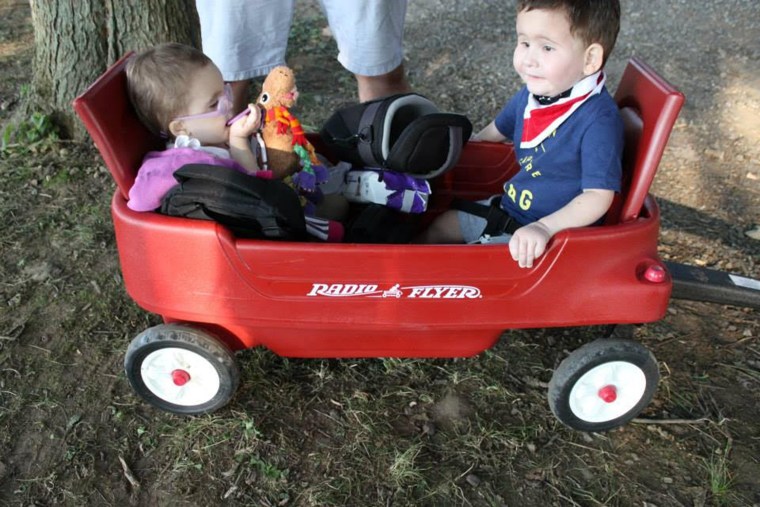
But miraculously Beckett started improving and at 10 weeks they took him home. While he faced health issues and slowed development, he was beating the odds.
Then during her postpartum appointment, Gauvin learned some surprising news: She was pregnant again.
She thought: “That can’t be true.”
While the geneticist closely monitored her third pregnancy, they suspected that daughter Clementine would also be sick. Sadly, they were right. When Clementine was born at 38 weeks they learned she also had pyruvate carboxylase deficiency.
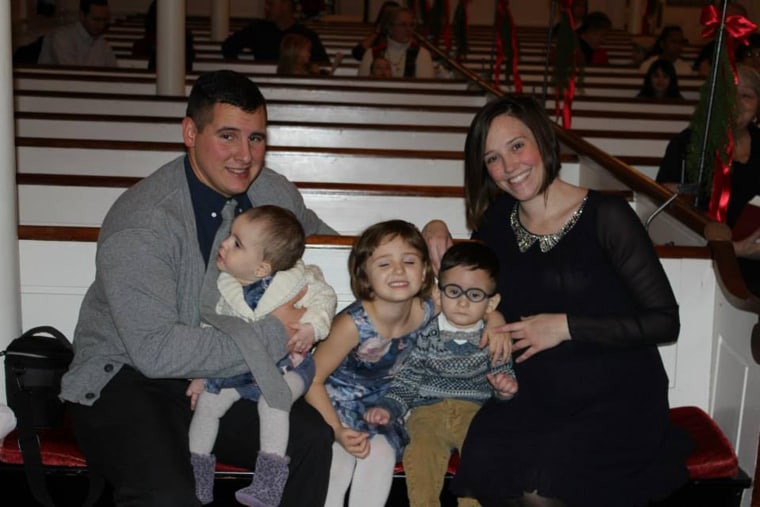
Pyruvate carboxylase deficiency is a rare genetic fatal disorder that occurs in one in 250,000 people. It’s an autosomal recessive genetic disorder, meaning both parents must carry the gene to pass it to their children. Carriers wouldn’t have symptoms of the disease so most people remain unaware they carry it. There are three forms, A, B, and C. Babies born with it, like Beckett and Clementine generally have A, which is also the most severe form. Type C is normally the mildest version with the best outcome.
Never miss a parenting story with the TODAY Parenting newsletter! Sign up here.
“We can detect it very soon after birth. The babies have very low muscle tone and they may have seizures right away. They may be breathing quickly,” said Dr. Amy Goldstein, the president of the Mitochondrial Medical Society and clinical director of the Mitochondrial Medicine Frontier Program at Children’s Hospital of Philadelphia, who did not treat Beckett and Clementine.
Pyruvate carboxylase deficiency is part of a larger group of disorders called mitochondrial disease, which occur in one out of every 4,000 to 5,000 people. Mitochondrial disorders are “one of the most common forms of inborn errors of metabolism,” said Goldstein.
In the body, cells use pyruvate to turn convert sugar, carbohydrates, fat, and protein into energy. In pyruvate carboxylase deficiency, a lack of pyruvate means the body can’t properly create energy and instead pyruvate builds up in the body and turns into lactic acid. This can lead to metabolic acidosis, when the kidneys can’t work hard enough to flush the acid from the system. When this happens, people can experience seizures and comas.
“Metabolic acidosis can become a medical emergency and you have to be hospitalized,” Goldstein said.
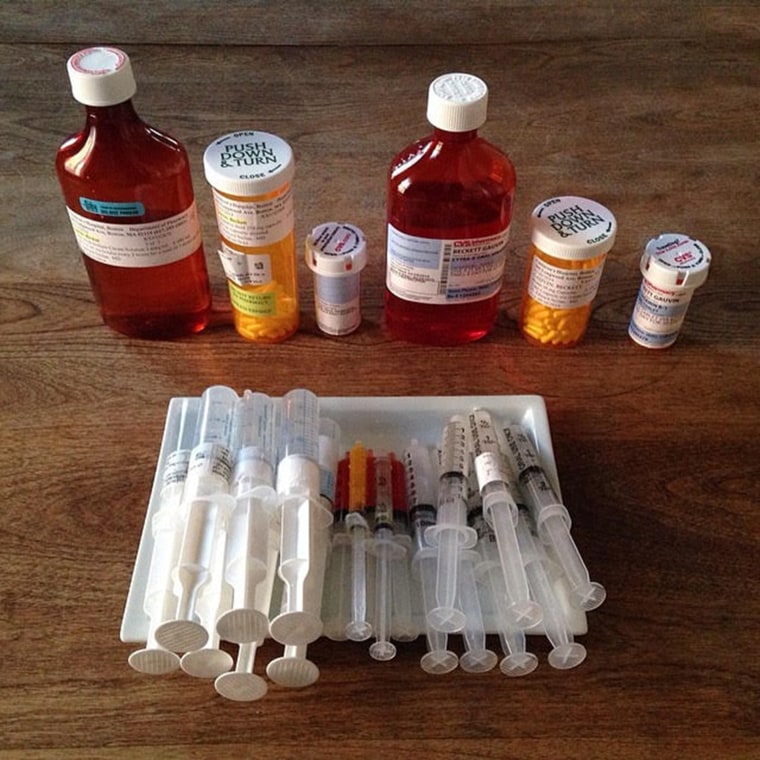
But Beckett and Clementine experienced about two years without extreme medical emergency and they flourished. Beckett loved socializing and would squeeze anyone within arm’s reach.
“He was an intelligent kid,” Gauvin said.
Clementine was more selective and gravitated toward Ben. At first, she was so colicky, only Ben could calm her.
“She was sassy and loud and liked to bite. She was definitely a diva,” Gauvin said.
People often stared at Beckett and Clementine or asked what was wrong with them. At first Gauvin felt offended but she soon learned that fear and ignorance drove the stares and rude comments.
“Did it really matter if the woman in the towel aisle at Target understands how grossly inappropriate her comment was? No, it was not worth my time,” she said.
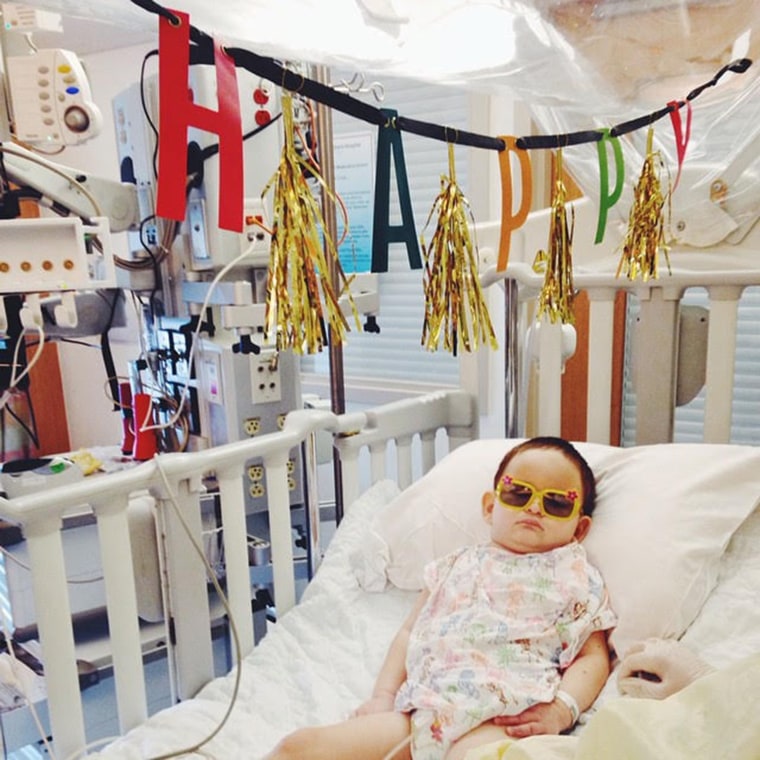
And, Gauvin and Ben wanted to make the most of their lives with their children.
“You only get to do it once,” she said. “ We said ‘yes’ to everything even if it was more work.”
This meant they took children with wheelchairs to the beach or fought for speech therapy so Beckett and Clementine could communicate.
“I don’t think Beckett and Clementine had any less of a life,” she said.
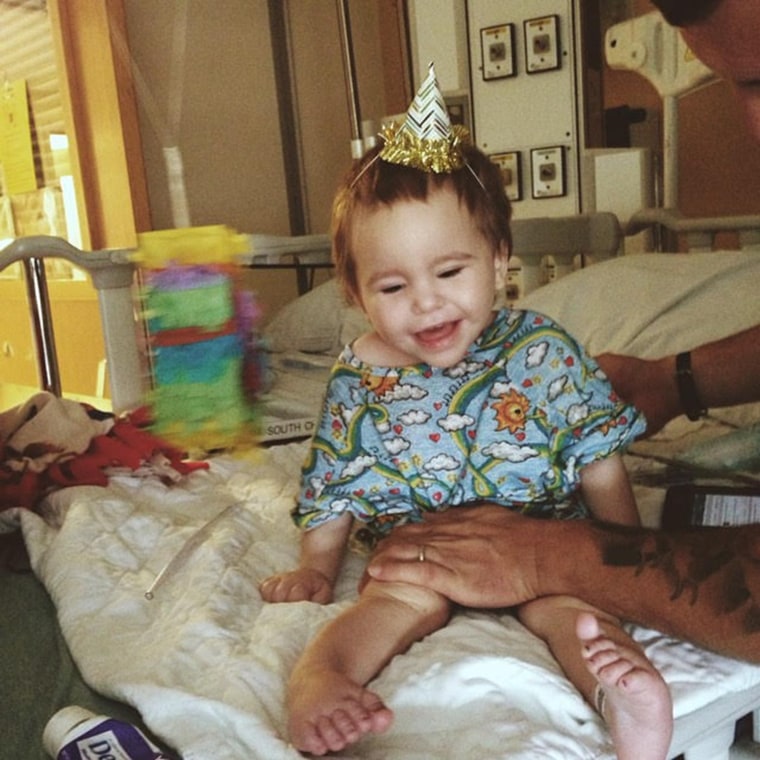
Clementine died in July 2014 at age 2, just nine days after the family brought her home from the hospital. Eight weeks later, Beckett, 3, died. While the Gauvins miss their children, they feel blessed by having them.
“Beckett and Clementine were such a gift,” Gauvin said. “They were just great kids.”
